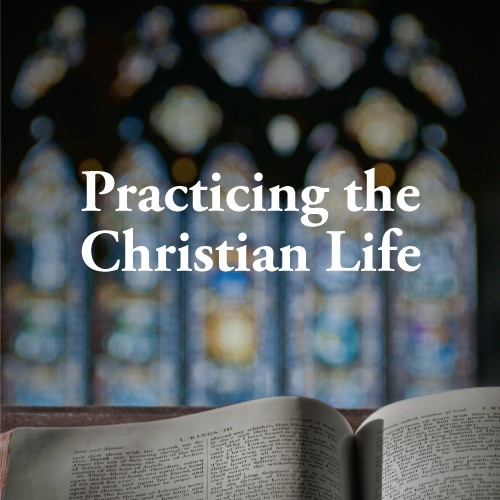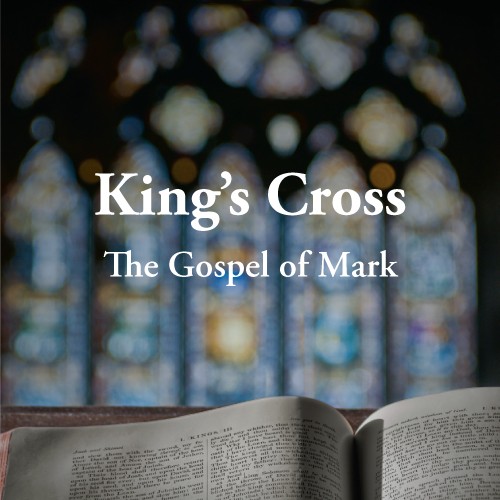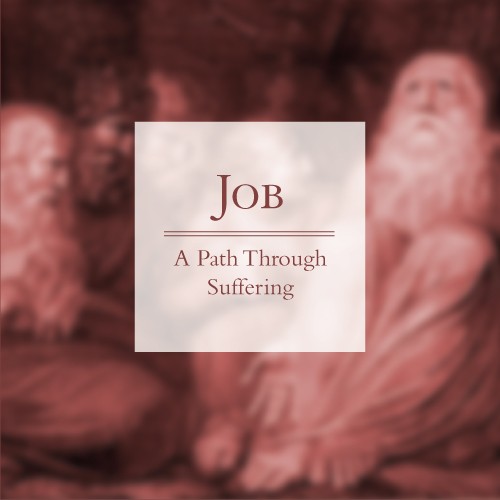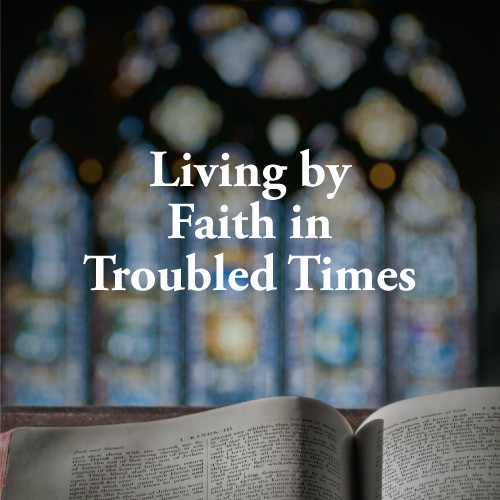
The Supper
Tim Keller | May 4, 2008
Overview
The belief that God loves you ought to make an enormous difference. But in so many cases, it does not. Beliefs don’t automatically produce changed character. Beliefs must be turned into changed character through Christian practices, through spiritual disciplines.
Maybe the Christian discipline par excellence is observing the Lord’s Supper. In 1 Corinthians 11, there’s a Greek word that shows up five times: synerchomai, which means to bring together, to come together, to unite, or to connect together. It’s translated in different ways through the text, so when you’re reading it in English, it’s not as striking. But the theme is that the Lord’s Supper connects things that otherwise would be fragmented.
In order to understand what it means to observe the Lord’s Supper and to have it really change your life, you need to know what some of those connections are. Let’s look at four ways the Lord’s Supper connects things: 1) it connects the present to the past, 2) it connects your soul to God, 3) it connects the individual to community, and 4) it connects your life story to the future.




